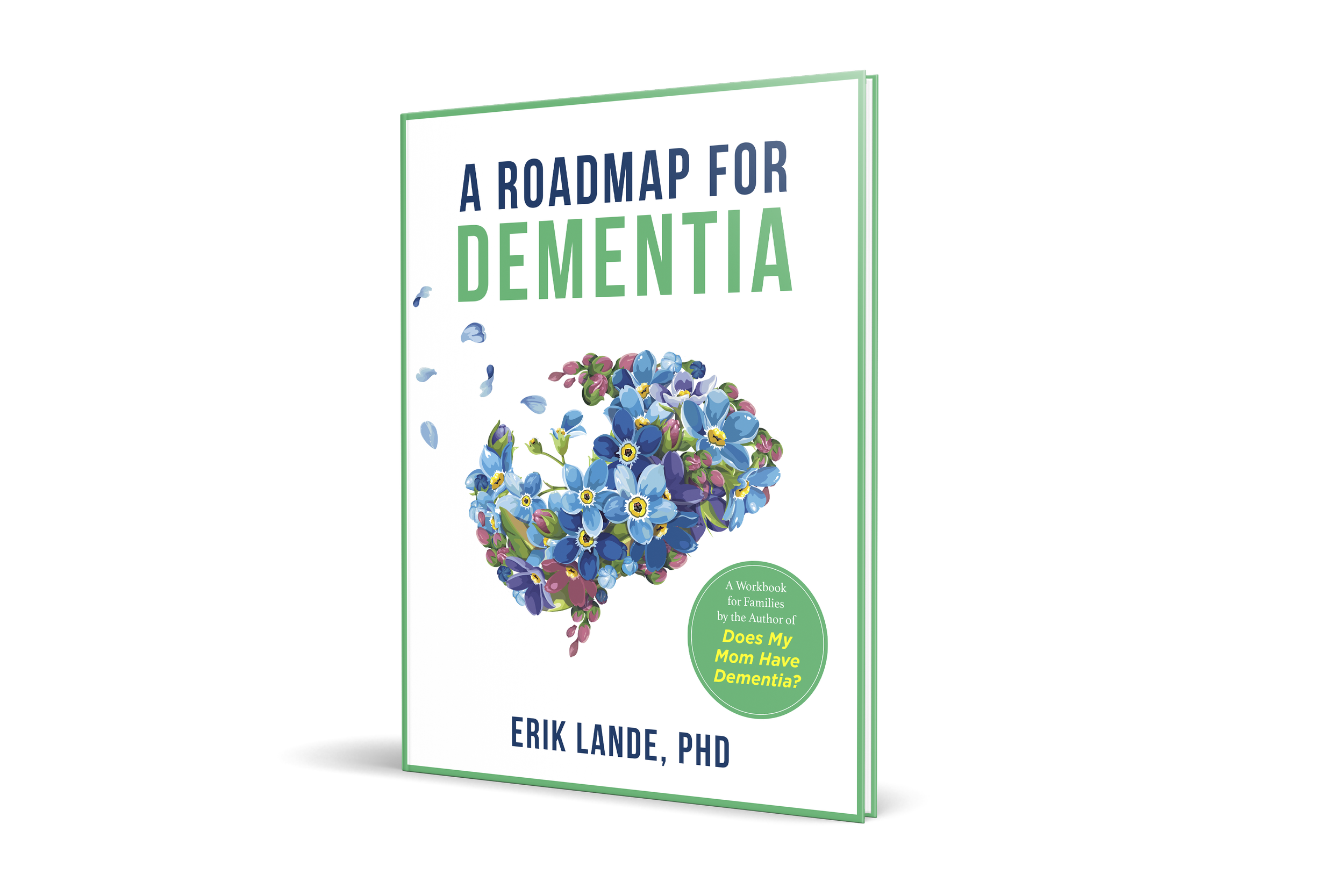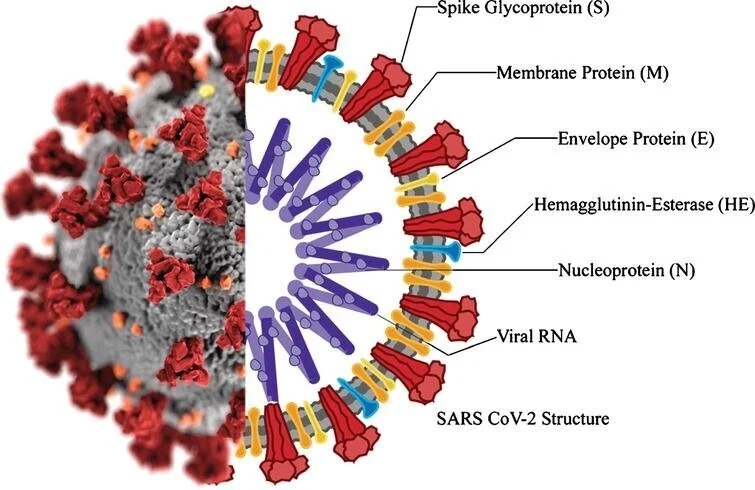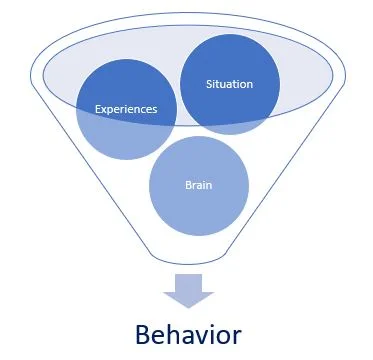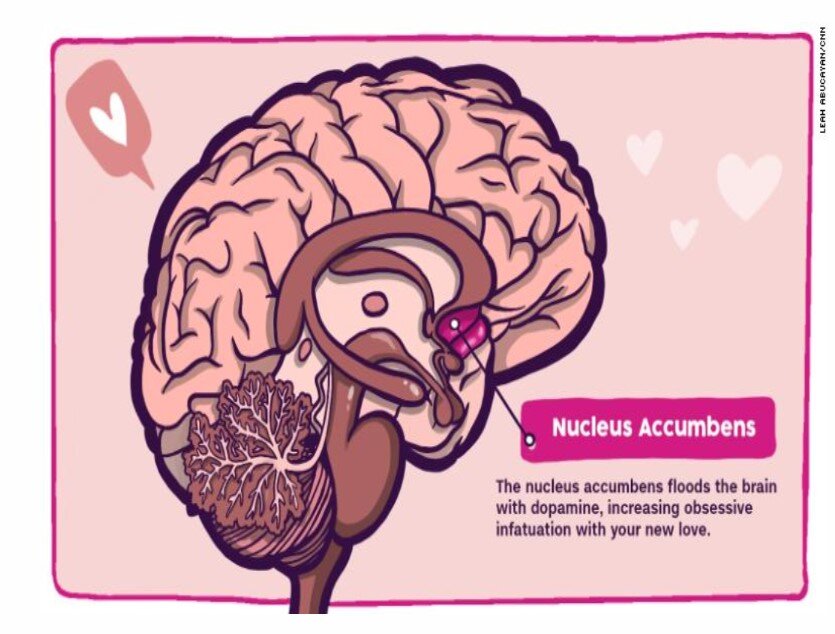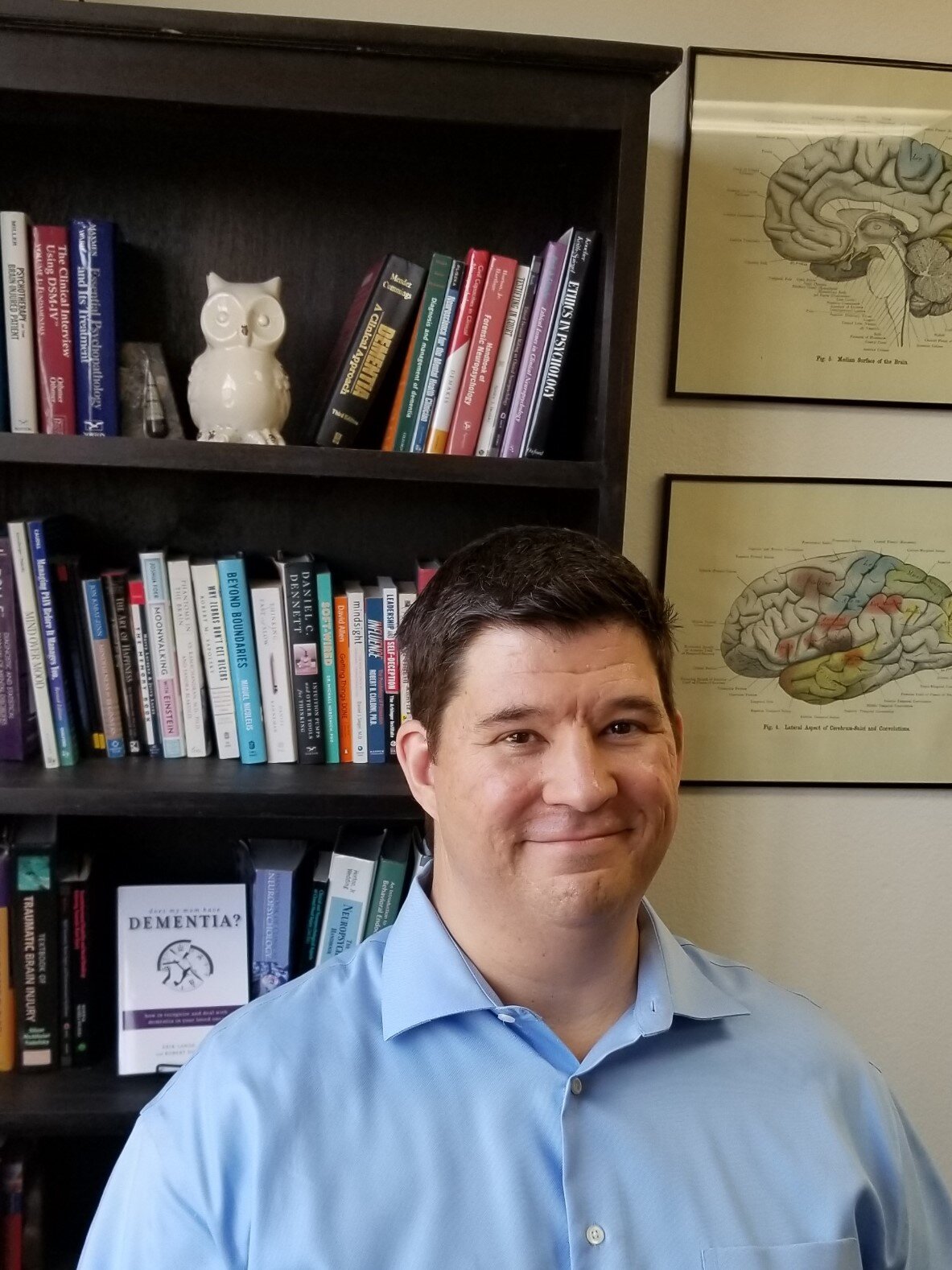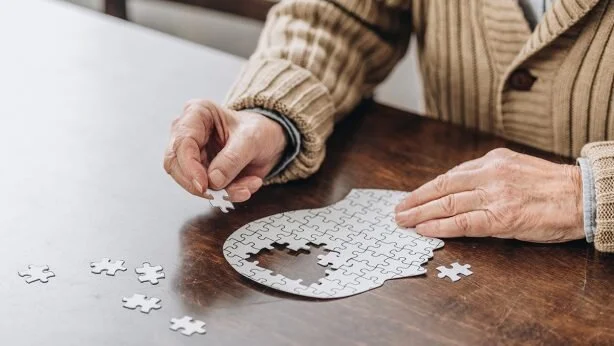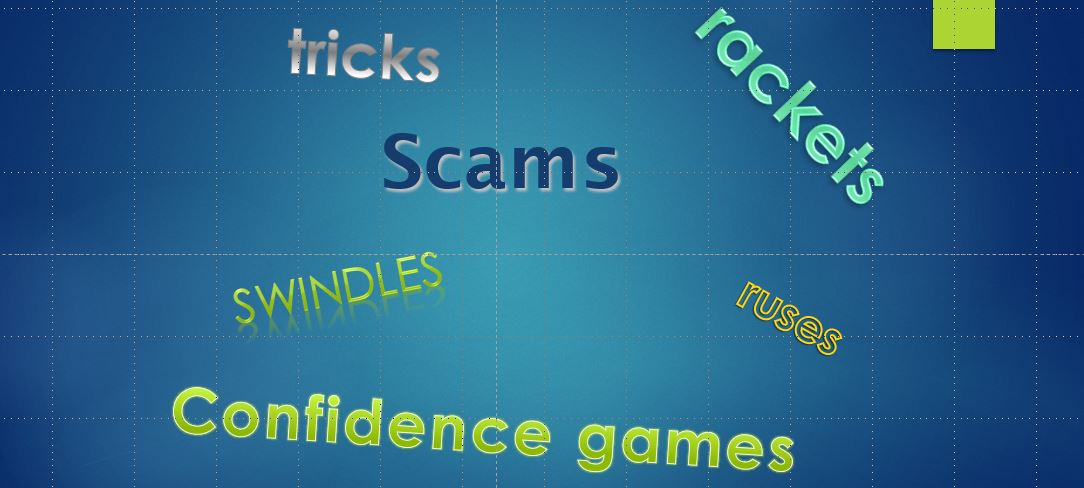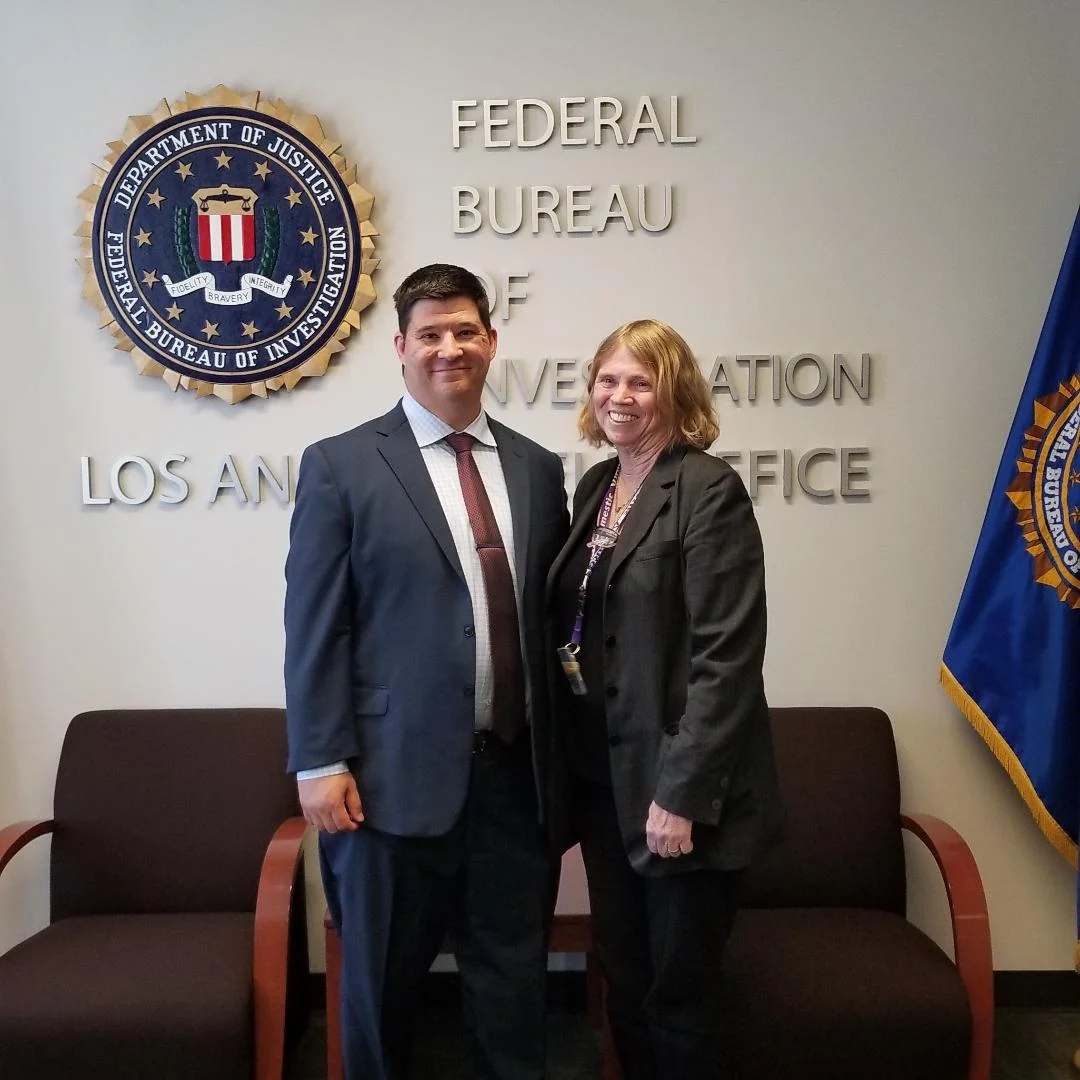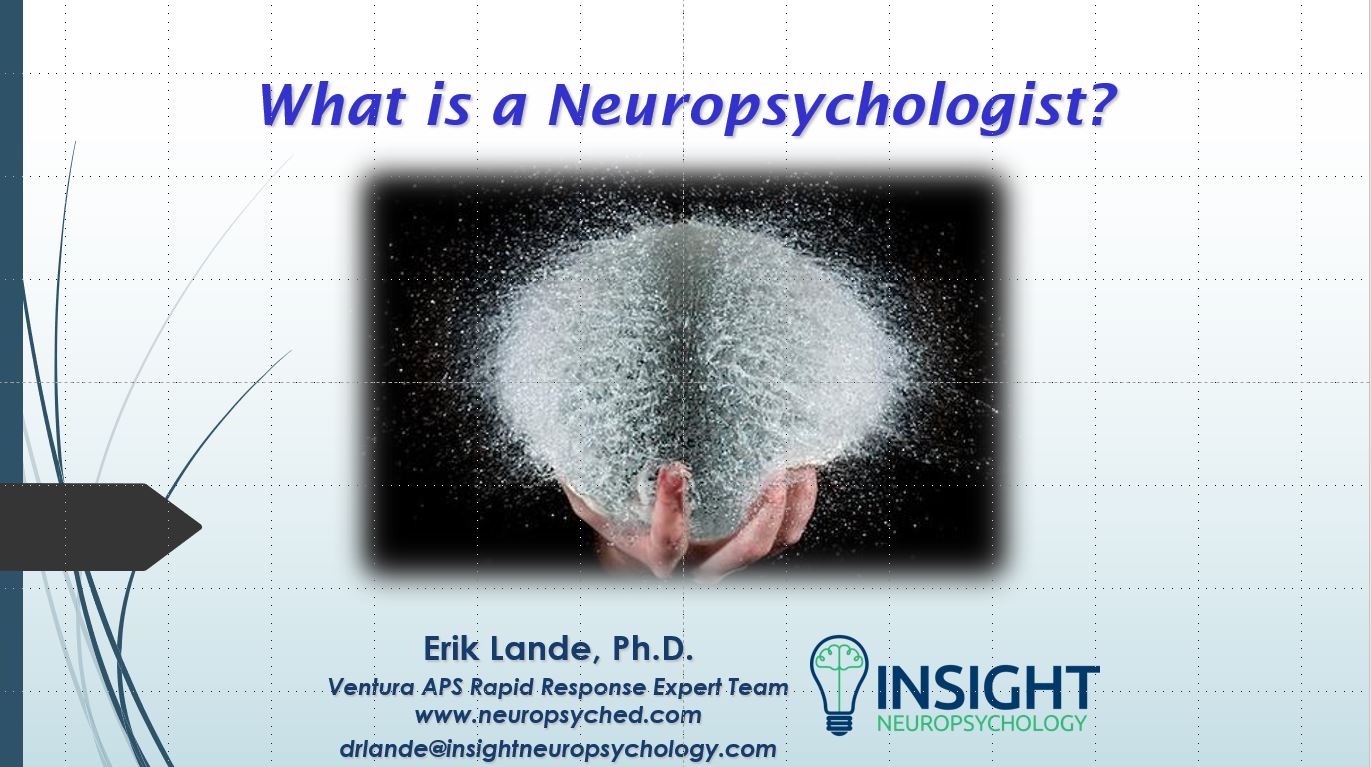As part of my practice I consult with and provide training to various law enforcement groups on elder abuse. Last week I provided a training for the FBI. One of the main topics I cover is victimization of seniors by mass market scams.
We have all received such solicitations. A computer phone call stating that we owe the IRS, or an email from a member of the Nigerian government who needs help smuggling money out of the country and knows that you would be the perfect person to assist, or perhaps that too good to true connection on a dating website who just never quite seems available to meet in person.
These scams work by convincing us to use emotional reasoning, rather than logical reasoning. They use visceral motivations like fear and greed, along with a sense of authority, to get us to respond. And they require urgency, so that we don’t have time to think about what we are doing.
Unfortunately, older adults are a prime target due to factors such as greater wealth concentration, loneliness, and some of the cognitive processing changes that occur as we age. Scams are a difficult crime to stop as they are cheap and easy to do, and are often based out of the country, making it hard for law enforcement to intervene.
